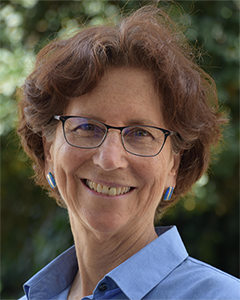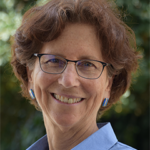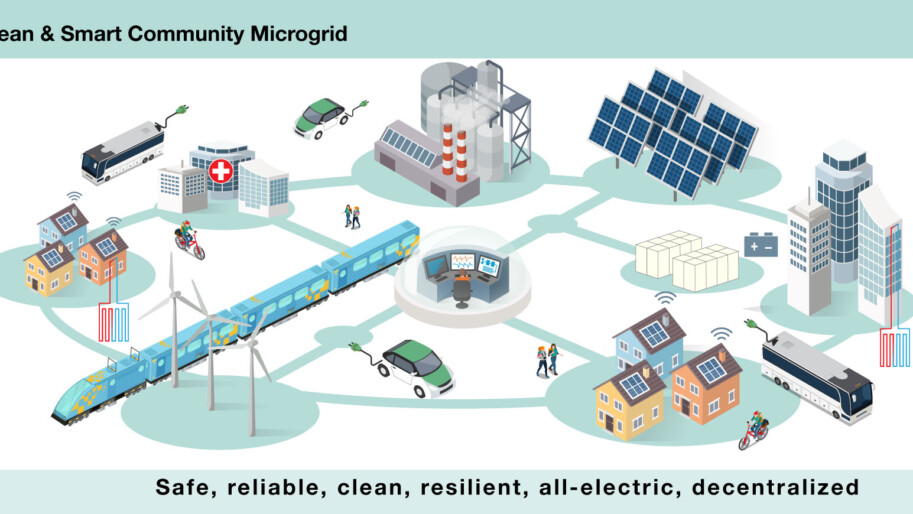BY ELLIE COHEN and The Climate Center Staff, SPECIAL TO THE SACRAMENTO BEE
https://www.sacbee.com/opinion/california-forum/article245311865.html
The rolling blackouts that started on Aug. 14 amid a record heatwave provide an alarming reminder of how fragile and obsolete California’s electricity system is.
They should also serve as a call to action for building an entirely new system, from the bottom-up, based on equitably deployed clean energy community microgrids.
With wildfire season fully upon us, more power shutoffs leaving Californians in the dark are imminent. Add an economic crisis and a pandemic and it’s clear there is no time to lose. We must rethink the 100-year-old electricity grid that is failing California.
Gov. Gavin Newsom recently signed an emergency proclamation to allow the use of backup generators — many powered by fossil fuel like diesel — to relieve pressure on the state’s power grid. Businesses, homeowners and managers of critical facilities providing healthcare, water and first-responder services have been turning to antiquated diesel back-up generators. But diesel back-up generators are heavy polluters, noisy, expensive to operate and are themselves a fire risk.
There is a better way: clean energy microgrid solutions that enhance resiliency and reliability while protecting public health and our environment.
State leaders have an opportunity to meet this moment by ensuring accessible and resilient electric service locally while supporting the statewide electricity grid in times of supply shortage. Clean energy community microgrids can provide back-up power and help avert rolling blackouts by removing electrical load from the broader grid when needed.
The technology needed to build a new, more reliable and decentralized electricity grid is available today. The principal impediment to rapid forward progress is our outdated regulatory framework, which is why The Climate Center launched the Community Energy Resilience initiative.
We need a new state program that supports local governments, businesses and nonprofits in developing community energy resilience plans with local decision-makers, not distant utilities making decisions about where and how to site clean, decentralized energy.
And we need the California Public Utilities Commission to fast-track its current microgrid rulemaking to accelerate microgrid commercialization. This means modifying fee structures, tariffs, rules and standards to send appropriate market signals so local entities can create their own clean, reliable solutions rather than waiting for investor-owned utilities like PG&E.
The CPUC should revise its regulations so thousands of small-scale distributed energy resources can participate in and be compensated for providing clean local energy services when needed, while also creating new local jobs.
Finally, the CPUC must prioritize clean energy resilience for all of California’s lower-income communities and communities of color, which suffer disproportionately from air pollution and for whom power outages are particularly detrimental.
Climate extremes are increasing. A modern, decentralized and flexible electricity system can meet the challenge with clean energy community microgrids, the logical next step in California’s remarkable history of energy innovation.
There is no time to waste. The CPUC should take immediate steps to shape the policies needed to develop a new electricity system for all Californians that is clean, affordable, resilient, equitable and safe.


